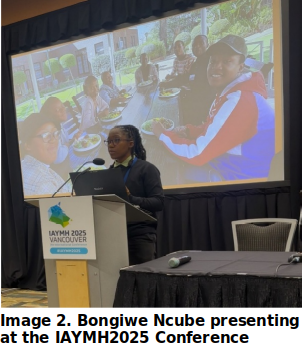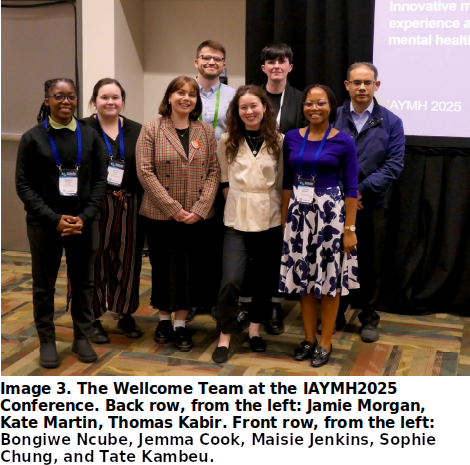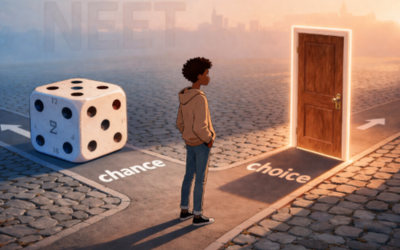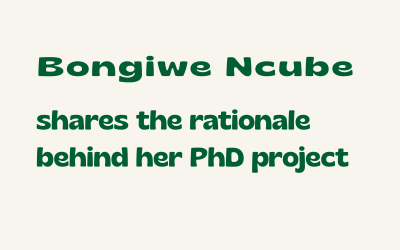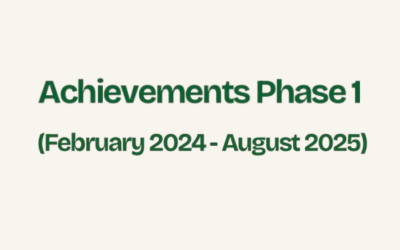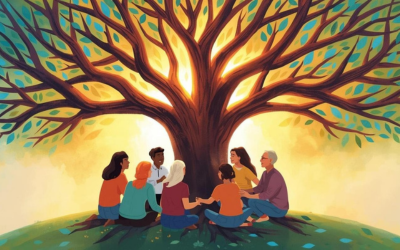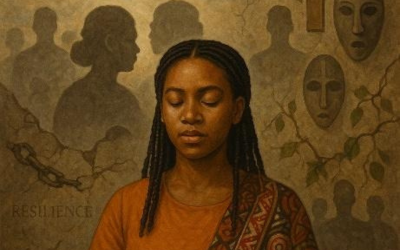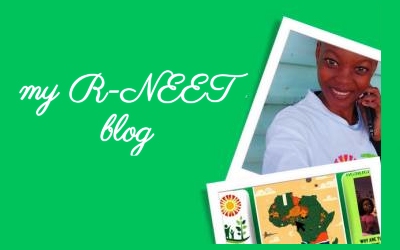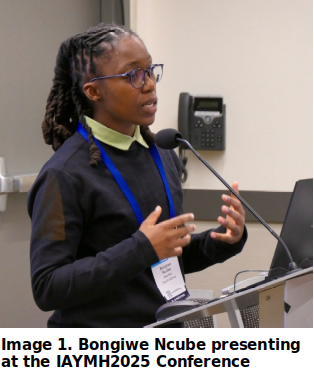
The International Association for Youth Mental Health (IAYMH2025) is a conference that brings people from all over the world together with a focus on turning the tide and creating a global blueprint for prevention and integrated care in Youth Mental Health. The symposium, which was funded by the Wellcome Trust and I was a part of, was titled Partners Not Participants. I attended the conference as a R-NEET representative and my role in the symposium was to present on the work of R-NEET youth who are collaborators in the research titled: Youth-community-university partnerships: Reflections from the R-NEET study on co-designing and co-delivering mental health research. The beauty of presenting at such a conference is that it allowed me to hear other people’s voices, but more importantly, it allowed me to share my voice and experience with people from across the world, not only as an R-NEET representative but also as a Black woman in PhD studies.
My whole experience of first-time travelling internationally, attending my first conference, and being in Vancouver was a cultural shock. Being far away from home and not seeing many people that look like me (i.e., Black women who are masculine presenting) made me feel overwhelmed and somewhat alienated. I had to remind myself that these are the spaces that I deserve to be in and allowing myself to take up those spaces (no matter how nervous I was at first). Also, many people on the streets of Vancouver do not really smile; it is as if everyone does their own thing and minds their own business – which was quite a shock. This made me miss the cultural connections (even a smile with a stranger) that I am privileged to experience in South Africa (SA). The conference experience gave me the opportunity to tell people, on an international scale, about the work that I do in South Africa (as a Black woman who lives in SA with lived experience, as an Educational Psychologist, and as a PhD student). It also taught me that the world (particularly youth mental health) does not have enough Black and African voices; which was both disheartening and empowering to experience. Disheartening in a sense that it made me feel like the gap between Black voices in Africa versus other parts of the world keeps getting wider. But it was empowering in a sense that it opened my eyes to the work that I, and many others, still need to do in my own community to make sure my voice, as well as all the other people that look like me, is heard.
